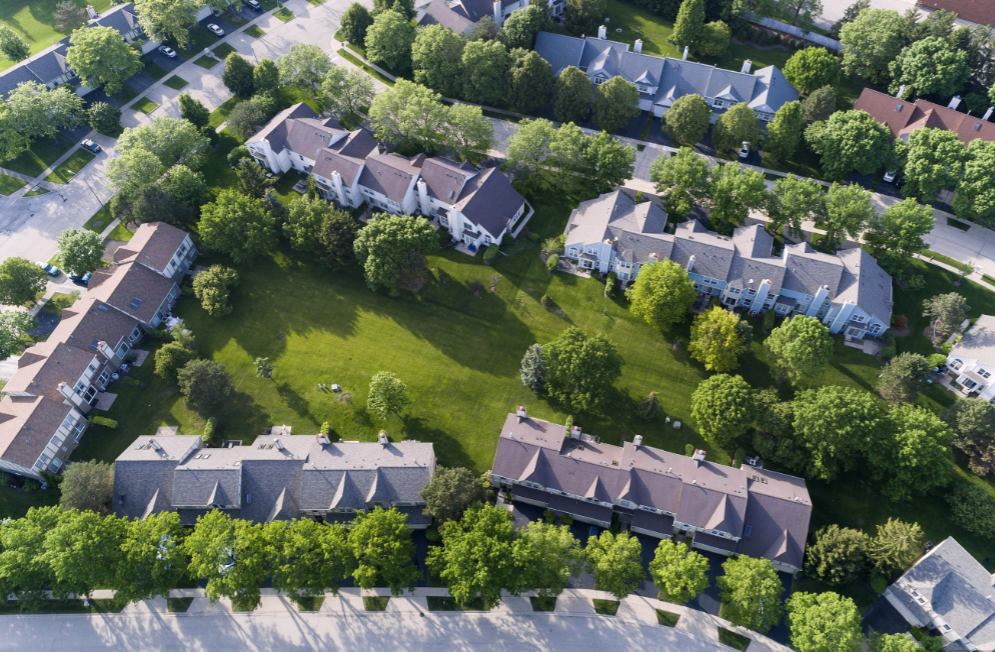I recently took a call from a property owner furious about a city violation notice. For three years they have operated a contractor’s supply and inventory yard without a complaint until receiving a recent violation notice for operating an industrial use in a prohibited zoning district.
A home builder client was in the last days of closing when they discovered a Vehicular Non-Access Easement (VNAE) prevents them from accessing the adjacent arterial street, forcing them to either forfeit their earnest money or purchase the site and solve the problem later.
A third developer closed escrow on a property zoned for the intended use, but discovered during the site plan review that the prior stipulations of approval prohibited the plans as designed, effectively killing the project.
These situations are not unique. We routinely get calls from panicked owners, developers, home builders, engineers, and architects pleading for a quick solution. While experienced zoning attorneys have a variety of tools to remedy situations like these, not all things are quickly resolvable, and are often costlier at that point.
When purchasing land or entering a deal, home builders should consider extra items that may not necessarily be apparent with the underlying zoning. Just because a site is zoned residential does not mean there may not be a corresponding zoning overlay, character area plan, or special planning designation. Other common issues often discovered post-closing are cross drainage, cross access, and utility easements that are not readily apparent but can require a full redesign. Impact fees, system development fees, or upcoming changes in the review and permit fees are other items that are best vetted ahead of time to prevent heartache later.
Recently, we were hired after the home builder had already started the entitlements process and ran into significant opposition. Once we became part of the team, we discovered:
1. a drainage covenant on the property which benefited the surrounding subdivisions
2. a public utility easement that had not been properly vacated
3. expansive soils that impacted the site design and grading plan
4. political issues with the elected officials who lived in close proximity.
It took substantial effort to overcome the issues, and the entitlement approvals were delayed. However, had these items been identified at the outset, many could have been resolved in advance or flagged for a concurrent approval.
Rather than being reactive, wise brokers and developers know to bring on land use and zoning counsel early in the process to identify potential issues during the preliminary due diligence period. Land use items we regularly research in the preliminary stages of site acquisition include:
● What is the current zoning and general plan designation?
● Does the zoning allow the intended use?
● Are there any applicable Area Plans, Specific Plans, Overlays, or other regulatory documents?
● What is the prior zoning history? Prior case history? Variances? Use Permits?
● Any relevant spacing requirements for specific uses?
● Development Agreements? Repayment agreements?
● What are the attendant stipulations of approval? Is there a vesting or commence construction deadline?
● Have any approvals expired (zoning, site plans, plats, etc.)?
● What additional processes are required?
● Was there any prior neighborhood opposition? Who are the key community activists/leaders?
● What are the neighborhood sensitivities and hot-button issues?
● Any political sensitivities of the local elected officials to consider?
● Is there any violation or code enforcement history?
● Impact fees? Buy-ins? Off-site improvements? Improvement Districts? Incentives? Utilities?
● Parking ratios? Tenant matrix and parking requirements?
● Non-conforming site conditions or uses?
● Current occupancy status? Change of occupancy requirements? What scope triggers new improvements?
● Any additional municipal or state licensing requirements?
● Deed restrictions and CC&RS? Easements? Title review?
This list is not intended to be exhaustive of all scenarios. It is just a sample of the common issues that proper due diligence can examine at the outset to prevent headaches later. Whether vacant land or improved structures, all situations should be properly vetted to make sure your investment is sound, your intended use is allowed, and your expected exit plan is feasible.
Your local zoning counsel can help you navigate these issues. They have the expertise, experience, and municipal relationships to detect, identify and resolve these items before they become larger challenges. Collaborate with your zoning attorney early on and together you can outline a pathway towards success.



